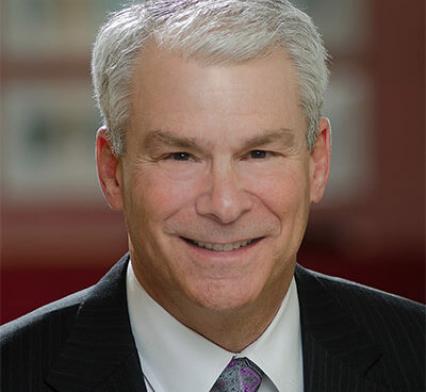Finding The Next Great Idea
I recently read an article that compared the CEO’s role in this era of disruptive transformation to both a martial arts master and the leader of a jazz band. I like those images because they convey not only flexibility but speedy reflexes and keen awareness of what’s happening around you.
Being CEO means being the visionary-in-chief, focusing simultaneously on what’s happening inside your company and the broader landscape. While everybody else has their heads down managing their P&Ls, people and products, you are the one person ideally situated to lift up your head, look around and come up with the next great idea that will enable your company to grow and thrive.
But how do you come up with those new ideas? It’s not enough to just read the trades and track what your competitors are doing. Transformative change comes from cross-pollination and looking at the world through different lenses.
One thing I spend a lot of time doing is talking with CEOs from different industries. I’ve got a pretty good sense of what’s happening in my own sector, insurance. But what’s happening in retail? Manufacturing? Telecomms? Oil and gas? Banking? Construction? Restaurants? What changes are taking place in different sectors, and how are my counterparts adapting to or leading those changes? What excites them, and what keeps them up at night? What are their customers and employees doing and saying? These interactions give me ideas about how we can better serve our customers in these and other industries, as well as about how to make things better for my own employees.
I also enjoy learning from the younger employees in our company about how they’re managing their lives. When I see them using Venmo to exchange money with friends, and Sofi to refinance their student loans, it brings the transformation of financial services to life far better than any magazine article could. They get music and groceries and dates in ways that perfectly illustrate the term “digital natives.” Instant gratification is non-negotiable for them, and they not only expect best-in-class experiences, they don’t hesitate to let the world know when a vendor or service provider gives them anything less.
Another way to look at the world differently is to scare yourself. My executive team and I did this a few years ago. Based on the disruption we were seeing in our industry, we came up with scenarios about the different ways new entrants and disrupters could eat our company’s lunch. Then we analyzed ways to beat them at their own game, and the cost (financial, human and opportunity) of each of those strategies. We emerged with a clear direction for evolving our own business model that resulted in a digital subsidiary, Cake Insure, that has set the bar for digital direct sales and servicing of workers’ comp policies for small businesses.
Keeping one foot planted in your current reality while simultaneously pivoting to what’s next isn’t easy. But it’s exhilarating. And it’s the only way to thrive in a time of exponential change.
